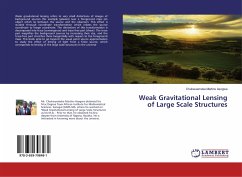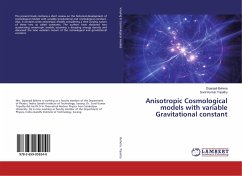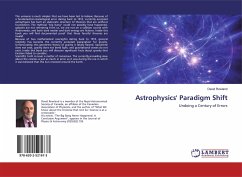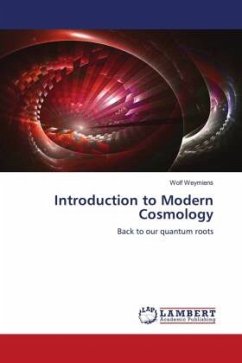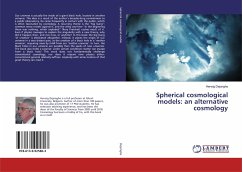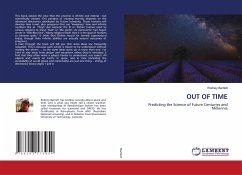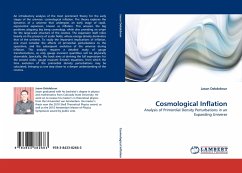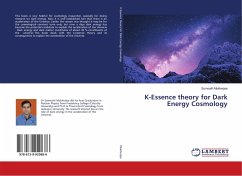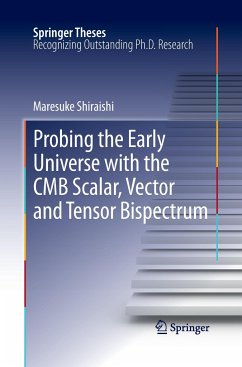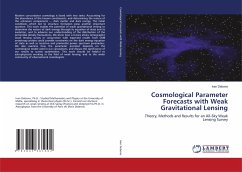
Cosmological Parameter Forecasts with Weak Gravitational Lensing
Theory, Methods and Results for an All-Sky Weak Lensing Survey
Versandkostenfrei!
Sofort lieferbar
52,99 €
inkl. MwSt.

PAYBACK Punkte
26 °P sammeln!
Modern concordance cosmology is faced with two tasks: Accounting for the abundance of the known constituents, and determining the nature of the unknown components - dark matter and dark energy. The initial conditions which led to structure formation pose another important question. This work studies the potential of weak gravitational lensing to determine the nature of dark energy through its equation of state and its evolution, and to advance our understanding of the distribution of the primordial density fluctuations. We show how a future all-sky tomographic weak lensing survey in conjunctio...
Modern concordance cosmology is faced with two tasks: Accounting for the abundance of the known constituents, and determining the nature of the unknown components - dark matter and dark energy. The initial conditions which led to structure formation pose another important question. This work studies the potential of weak gravitational lensing to determine the nature of dark energy through its equation of state and its evolution, and to advance our understanding of the distribution of the primordial density fluctuations. We show how a future all-sky tomographic weak lensing survey in conjunction with expected results from CMB anisotropy probes could provide constraints on the dark energy equation of state as well as neutrino and primordial power spectrum parameters. We also examine how the parameter precision depends on the cosmological model used in our calculations, and discuss the significance of our results to survey optimisation. This work should be helpful to astrophysicistsworking in the field of weak lensing, and to the wider community of observational cosmologists.



